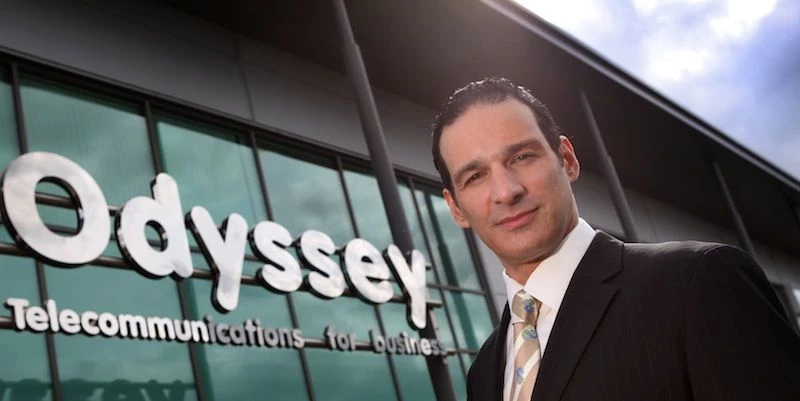
Partner Article
Employers should filter their staff instead of blocking recreational internet sites
Sky’s decision to become the second internet provider to roll out filters across its network has raised a myriad of legal and ethical questions regarding internet censorship – particularly when it comes to employers.
While most people would agree that filtering is a simple safeguard to prevent children stumbling over undesirable images as they browse the web, when it comes to the workplace, I would question using this method.
If you’re worried staff might be trying to access either inappropriate adult websites, or spending time on social media sites, it would seem to me to be more of either a staff issue or a trust issue and you might be better off employing serious people that you can trust, instead of spending hours monitoring their every move.
Employers must also be realistic – your staff will inevitably use the internet for personal purposes and it needs to be considered in the round. It’s a serious HR issue if an employee is accessing pornography at work or spending a lot of their time looking at Facebook, but you have to ask yourself how big a deal it is for your staff to check their bank accounts or use their lunch hour to do their Christmas shopping. You simply cannot, and should not, start trying to police their every action and thought, so if you’re thinking about putting in place a filtering system in the office, perhaps you should start looking at who you are employing more carefully.
For similar reasons, I would also question David Cameron’s drive to put in place a system which automatically blocks access to pornography and requires a request to the internet service provider to switch it back on only if requested, under the guise of protecting children. Few types of pornography are illegal and many of the red tops still run a topless lady on Page Three – there are no calls from the Prime Minister to ban this, so why block it on the internet? Many of the technology companies that provide filtering are based in the USA, and have a different perception of what is acceptable and what is not, resulting in the ridiculous juxtaposition where the same image which can be viewed in a mainstream national newspaper is blocked on the internet.
It is also false to say that the automatic ban on internet pornography through ISP filters would prevent people who want to access child pornography. The majority of people accessing this type of material do not use the regular Internet to find their sick content – instead they use encrypted methods to ensure the ISP – or anyone else – cannot see what they are doing. These are impossible to stop and no filtering or blocking will make any difference. Indeed, it could be argued the debate about filtering may have encouraged browsing with encryption, as it has raised awareness that their activities can be easily detected, driving them underground.
Other problems with block lists are that, due to the sheer amount of content put online every day, often they are out of date. Blocklists can easily fall into false positives – for example, legitimate companies like Marks & Spencer could easily be blocked through a search for S&M. And blocking is totally reliant on probability – there is no method to actually analyse a picture or video with any level of accuracy to determine if it is pornographic, resulting in an accuracy level of just 85%.
Perhaps a better plan would be to take the lead from Scandinavian countries and educate our children properly on the issues surrounding internet use, rather than instilling in them a “can’t do” attitude which may just succeed in encouraging determined and curious youngsters in accessing the material they want to see.
This was posted in Bdaily's Members' News section by Mike Odysseas .
Enjoy the read? Get Bdaily delivered.
Sign up to receive our daily bulletin, sent to your inbox, for free.








 Navigating the messy middle of business growth
Navigating the messy middle of business growth
 We must make it easier to hire young people
We must make it easier to hire young people
 Why community-based care is key to NHS' future
Why community-based care is key to NHS' future
 Culture, confidence and creativity in the North East
Culture, confidence and creativity in the North East
 Putting in the groundwork to boost skills
Putting in the groundwork to boost skills
 £100,000 milestone drives forward STEM work
£100,000 milestone drives forward STEM work
 Restoring confidence for the economic road ahead
Restoring confidence for the economic road ahead
 Ready to scale? Buy-and-build offers opportunity
Ready to scale? Buy-and-build offers opportunity
 When will our regional economy grow?
When will our regional economy grow?
 Creating a thriving North East construction sector
Creating a thriving North East construction sector
 Why investors are still backing the North East
Why investors are still backing the North East
 Time to stop risking Britain’s family businesses
Time to stop risking Britain’s family businesses